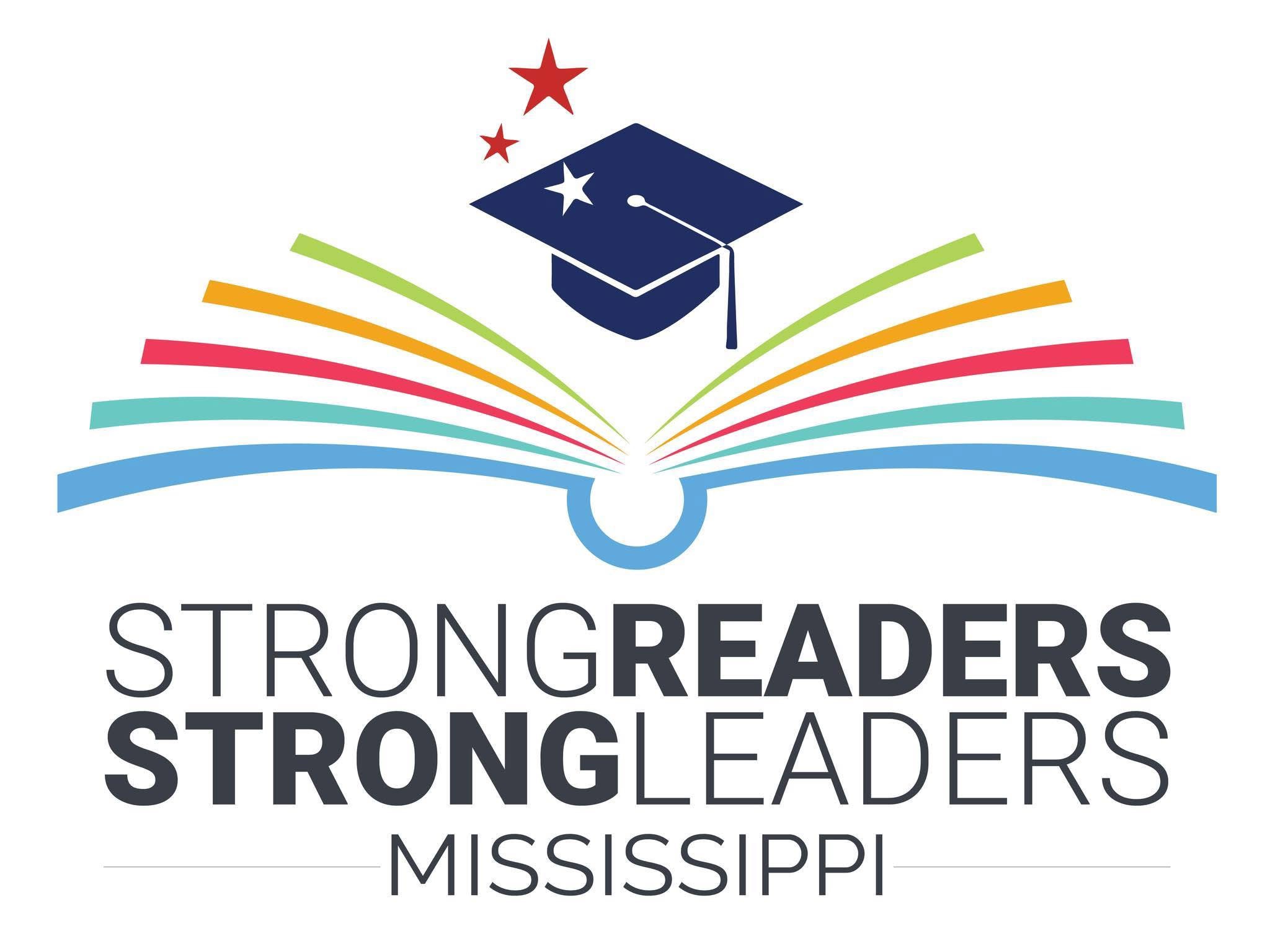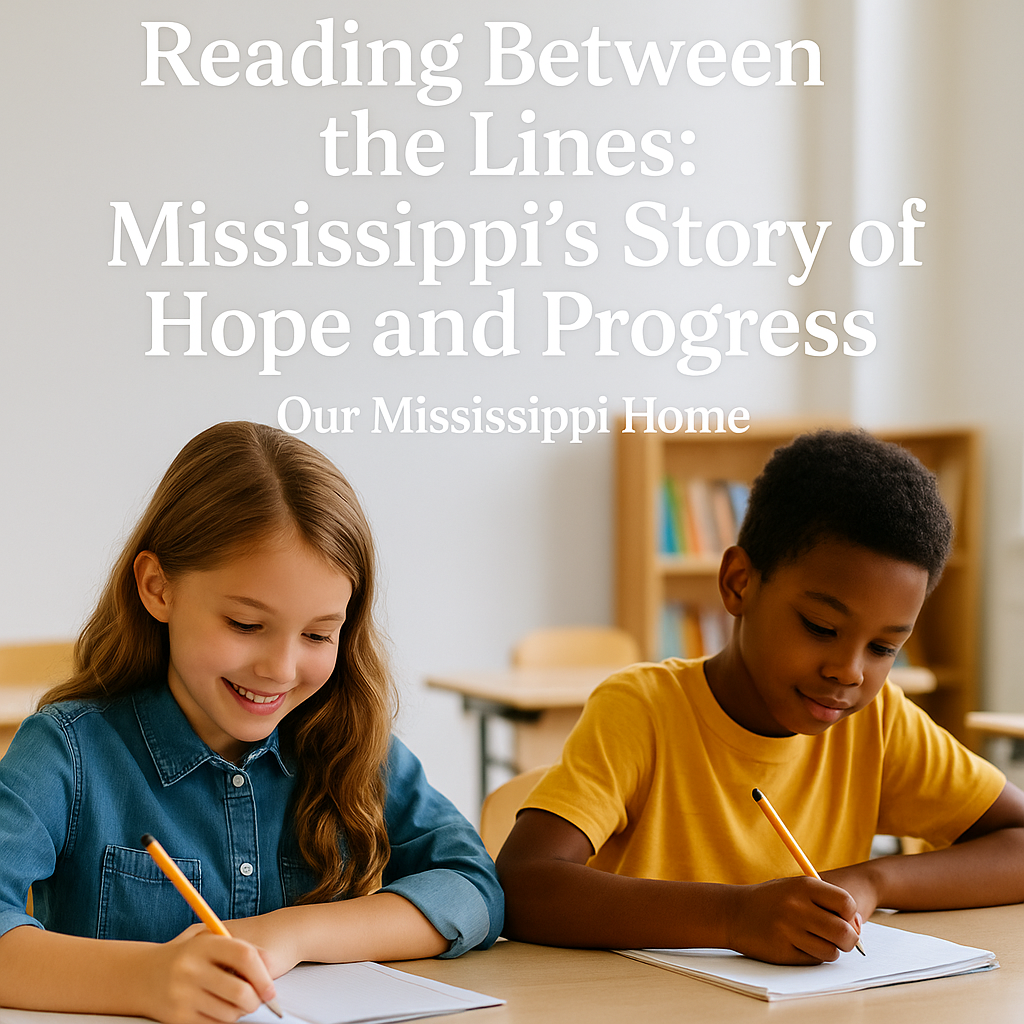For years, Mississippi’s name showed up at the bottom of too many lists. Poverty, health, income — we’ve heard it all before. But anyone who’s ever called this place home knows that those rankings don’t tell the real story. Because behind every number is a community full of people who refuse to give up. There are teachers arriving before sunrise, parents cheering from the bleachers, and students determined to do just a little better each day.
And now, the results are finally starting to show.
In a time when education across much of the country is slipping, Mississippi has become the model for what’s possible. Once near the bottom in national education rankings, the Magnolia State now sits among the top performers in reading and math. In 2024, Mississippi’s fourth graders scored above the national average in both subjects — something that would’ve seemed impossible a decade ago.
This remarkable change began in 2013, when our state decided to tackle one of its toughest challenges head-on: literacy. Back then, most fourth graders couldn’t read at grade level. Instead of accepting defeat, Mississippi went back to the basics. The Literacy-Based Promotion Act focused on teaching children how to truly read — not just memorize — and made sure that those who needed extra time got the support they deserved.
Teachers across the state were trained in a new, evidence-based approach called the “science of reading.” Literacy coaches were added to classrooms, and struggling students received smaller classes and one-on-one help. The idea wasn’t to punish — it was to prepare. And it worked.
Over time, more children began reading confidently. Retention rates fell from 15% to under 5%, and test scores climbed higher than anyone expected. Even with one of the lowest per-student funding levels in the nation, Mississippi students are now outperforming peers in wealthier states. The so-called “Mississippi Miracle” has caught the country’s attention, with more than 40 states and the District of Columbia adopting our approach to reading instruction.
But if you ask the people who’ve made it happen — the teachers, principals, and parents — they’ll tell you it’s not a miracle at all. It’s the result of heart, hard work, and a deep belief that every Mississippi child deserves a chance to succeed.
Our story is no longer one of what we can’t do, but what we are doing. Mississippi is proving that progress is possible — and that hope can be taught, one word at a time.
At Our Mississippi Home, we celebrate the good in our state — the people, places, and progress that remind us what makes Mississippi special




